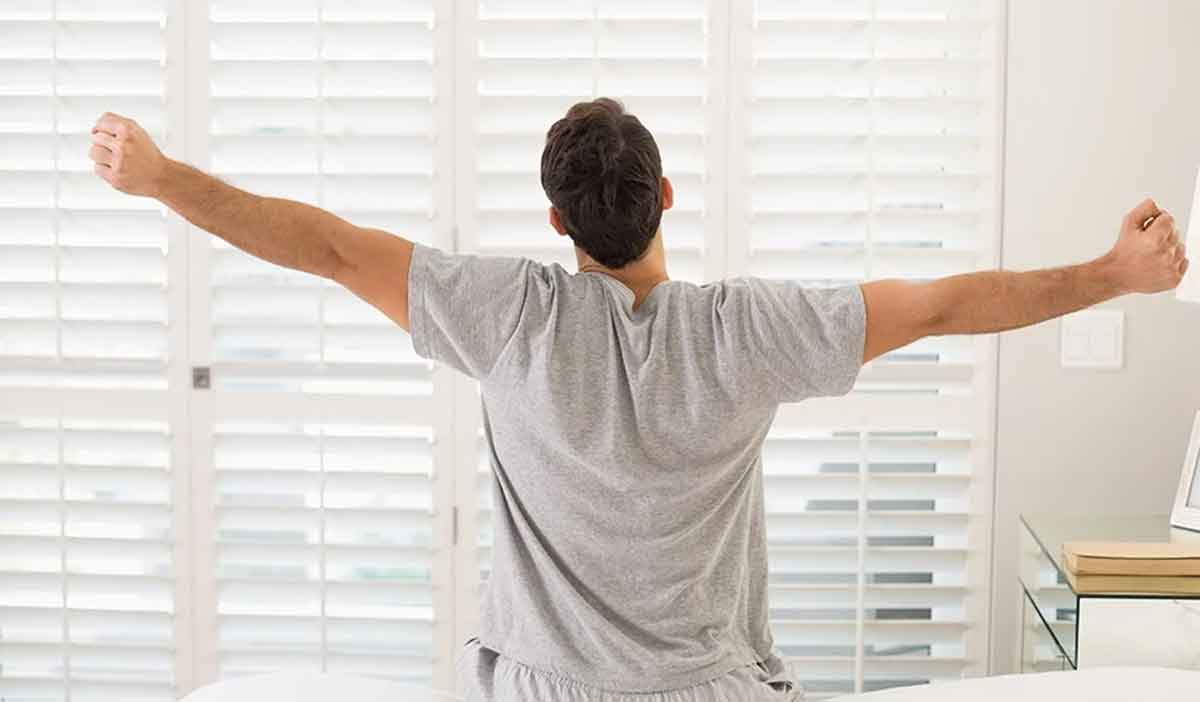You’ve probably heard that we spend about a third of our lives sleeping, but did you know that up to one fifth of adults experience insomnia?
Getting enough sleep is critical for maintaining good health, and sadly sleep problems are common among older adults. Learn more about how much sleep you need, what is normal, and when sleep problems should be cause for concern.

What happens when you don’t get enough sleep
As an adult, you need about seven to eight hours of quality sleep each night in order for your body to rejuvenate and repair properly. While you sleep, your body rests and mends your organs and muscles. Sleep impacts the immune and nervous systems, too. Lack of sleep can contribute to a variety of health problems over time, including heart problems, diabetes, and stress.
Common signs of chronic lack of sleep:
- Daytime sleepiness
- Headaches
- Gastrointestinal distress
- Increased stress
- Cognitive decline
- Irritability
- Lower motivation
- Slower reflexes
People who consistently don’t get enough sleep may also:
- Have behavioral problems
- Drink more alcohol
- Use more sedatives
- Experience decreased enjoyment in life
- Become depressed
Do you regularly experience any of the above symptoms? If so, sleep deprivation may be impacting your quality of life. While everyone has trouble sleeping now and then, if you find that lack of sleep is impacting your daily life, it’s time to talk to your doctor. At Logansport Memorial Hospital, we offer convenient sleep studies to diagnose and treat a variety of sleep disorders.
Establishing a healthy sleep routine
If you are sleep deprived, sometimes making changes to your lifestyle can help establish a better sleep routine and improve your quality of sleep. Create a calm and soothing environment for sleep, and make getting a good night’s sleep a priority.
Do you work the night shift? Learn how you can still have healthy sleep, even with a different schedule.
Tips for establishing a healthy sleep routine
- Make your bedroom dark and quiet
- Go to bed at the same time every night
- Keep your bedroom cool
- Exercise regularly, but not within three hours of bedtime
- Avoid screens, like TVs and phones for at least an hour before bedtime
- Avoid caffeine in the evening
Still awake? We can help
The sleep studies program at Logansport Memorial Hospital is designed to help diagnose common sleep problems and provide a course of treatment. Talk to your doctor to see if scheduling a sleep lab study is a good option for you.
We offer convenient sleep studies depending on your situation, both on-site and at-home. Our experienced sleep technicians will perform your sleep study, and your physician will then evaluate your results and provide recommendations to help improve your sleep.
Call to schedule an appointment with your doctor: (574) 753-1488





